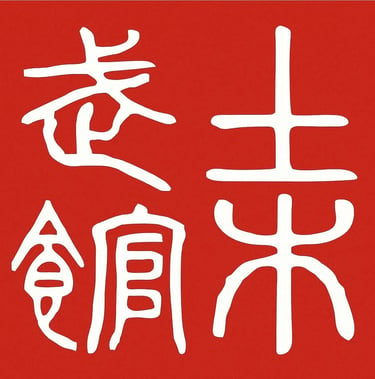Resources
Here you will find answers to frequently asked questions and affiliates of our school. Please select the links below.
Affiliates
The sites listed below are affiliates, suppliers, partners, and friends of our school.
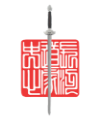

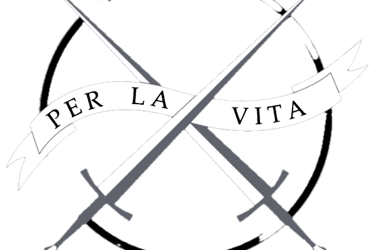
Great River Taoist Center, online academy with detailed lessons on Jianfa and Daofa https://www.chineseswordacademy.com/
Santosh Weapons. Supplier of quality wood weapons for training and full contact sparring https://www.santoshweapons.com/
Per La Vita, HEMA group in Milford, CT. We share knowledge and experience sparring. https://www.perlavitaacademy.org/
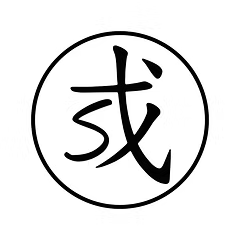
Purple Heart Armory for protective gear and steel weapons https://www.woodenswords.com/
Acupuncture of Greater Hartford and Springfield https://www.acupuncturestanbaker.com
Grandmaster Aiping Cheng https://www.aipingcheng.com/
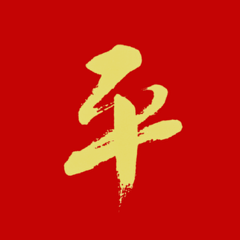
Seven Stars Trading Company. Supplier of steel sparring jian https://www.sevenstarstrading.com
Frequently asked questions - Taijiquan
What is Taijiquan?
Taijiquan means Grand Ultimate Fist. It is the Pinyin romanization of the Chinese Characters 太極拳 (tài jíquán). More often in the U.S. the term Tai Chi is used. This is the Wade-Giles translation which is considered less accurate. Quan means “fist” and is often used to emphasize that the art will be taught with more martial content and meaning.
What type of Taijiquan is taught in the school?
We teach Chen Style Taijiquan. There are many different styles. Chen is the original style from which all others originated. Characteristics of Chen style are coiling of the body, lower stances, and explosive releases of energy (fajin).
Is Chen style right for me?
Chen style is right for anyone regardless of age or gender. It can be done as an exercise with varying intensity. We teach it also as a martial art so you understand each movement and the intention behind it.
What should I wear?
We have no uniforms. Students should wear comfortable clothing that allows them to move freely. Shoes/sneakers are worn but you can train barefoot if you prefer. For clothing, we ask that it not have political or vulgar expressions or images printed on front or back.
Is there a belt or grading system?
No. We have no belts or tests. We are more than happy to provide individualized feedback at any time.
If this is a martial art, will I be required to do partner work or sparring?
No one is required to train in an aspect of the art they are not comfortable with. I have had many students who just train in basics and formwork for exercise, stress relief, and fun. I also have students who train for the fun of competition. All paths of study (exercise, competition, martial) are practiced here.
How long does it take to learn Chen Taijiquan?
Taijiquan is a life-long endeavor. It is not like an 8 week course. There is always more to learn and practice as you get deeper into the art. Between form work, partner drills, weapons, push hands, and applications, our curriculum should give you many years of challenge, learning, and fun.
What is expected of students?
First and foremost, students need to abide by our code of conduct. Secondly, students should practice at home. Taiji is a complex form of movement and requires repetition to remember the sequences and execute the postures properly. If you don’t practice your progress will be slow. It is also respectful to the other students and instructors to minimize repetition of prior lessons.
Frequently asked questions - Jianfa
When should I start swordsmanship?
As your first endeavor into the martial art - It is entirely reasonable and doable for swordsmanship to be your first introduction into the martial arts. You will need to develop your stance and body mechanics, in addition to a sense of the weapon. People practice what they enjoy and if you enjoy swordsmanship, you will practice and improve.
As a life-long martial artist - This is how Bob and Neil came to swordsmanship. It is an extremely rewarding and satisfying path. If you study any Chinese Martial Art you will find the basic cuts of this system highly applicable to your straight sword (Jian) form. You will find that the partner drills add a “sense of the duifang” in your form practice. And sparring will help tremendously with realism.
As a HEMA or sword practitioner - We have had mutually beneficial interactions with HEMA practitioners. Chinese Swordsmanship is a distinct art. Generally, HEMA practitioners are comfortable sparring and specific differences, such as weight distribution, are more challenging.
What should I buy to get started?
Nothing. It is really helpful to handle a wooden sword (Mujian) and see protective equipment before you make any purchases.
What type of Chinese Swordsmanship is practiced here?
We train in the method taught by Laoshi Scott Rodell. Joining the Academy of Chinese Swordsmanship, in addition to in-person training will produce the best results.


